Beauty & Packaging: Our top stories featuring packaging and design news in the cosmetics industry
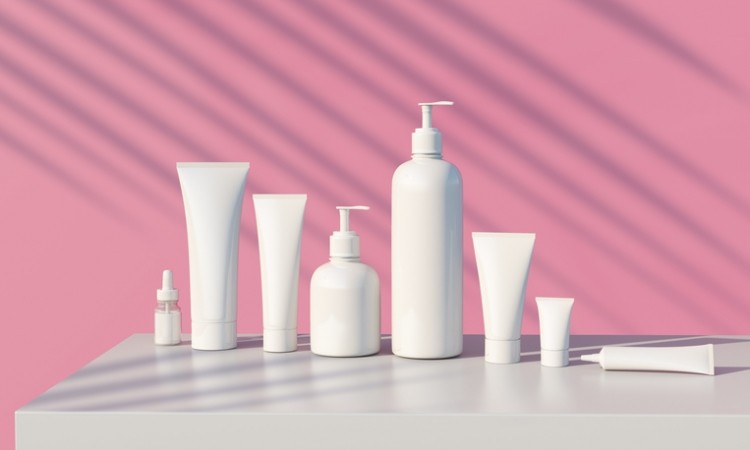
Sustainable packaging: Innerbottle gears up for Series A funding as it takes on the global cosmetic market
South Korean packaging start-up Innerbottle will soon be starting its first round of funding as it seeks to take its sustainable packaging solution to the world stage.
Innerbottle was founded by CEO Steve Oh, a former patent lawyer, who developed a mechanism to solve the problem of residue waste in cosmetic products with special silicone balloon-like insert. This ‘innerbottle’ ensures that the outer shell clean and ready for recycling.
The firm will open for investment the week after its debut at Cosmopack Asia in Hong Kong, where its product has received plenty of interest from visitors.
Oh believes Innerbottle covers the limitations of other sustainable packaging solutions available now.
“For instance, reusing ocean plastics, while important, has limitations in cosmetics. The major problem is that there is no traceability. You don’t know where it came from or what chemicals were used to treat it.”
The company has previously partnered with one of the top K-beauty brands, Missha to bring Innerbottle to the mass market.
Unilever to halve virgin plastic use by 2025: ‘The majority is in home care and personal care’
Personal care major Unilever will slash use of virgin plastic in half by 2025, cutting use completely or using alternatives such as cardboard, bamboo and recycled materials.
This takes Unilever’s current commitment to ensure all its plastic packaging is reusable, recyclable or compostable by 2025 one step further.
The Dutch firm’s current plastic packaging footprint stands at around 700,000 tonnes annually and its goal is to reduce this in absolute terms by 100,000 tonnes, cutting plastic completely, and through alternatives by 250,000 tonnes.
Unilever’s largest division remains beauty and personal care, generating €5.5bn of its total €13.7bn revenues for the second-quarter of 2019. And with core brands like Dove, TRESemmé, Rexona, Dermalogica and Signal operating across skin care, hair care, deodorants and oral health categories, impact would clearly be felt in this unit.
Speaking to CosmeticsDesign-Europe, Fleur van Bruggen, communications director at Unilever, said: “We are going to halve the amount of virgin plastic we use, but that’s across all packaging: home care, personal care and foods as well, and of course, the majority is in home care and personal care.”
Quadpack eyes Japan and South Korea beauty market to drive its APAC growth
Packaging solutions firm Quadpack is looking to Japan and South Korea to drive its growth in Asia Pacific on the back of two years of growth in both markets.
Jason Smith, regional director of Asia Pacific, Quadpack told CosmeticsDesign-Asia Quadpack sees APAC as a significant market for its cosmetics business.
“As Asia Pacific accounts for over a third of total global cosmetic exports, securing a position as a key packaging supplier to this market is a critical part of Quadpack’s long-term vision. This is only reinforced with the region’s production tipped to grow much faster than the likes of Europe and the Americas over the next few years,” he said.
In the last two years, the company has been performing particularly well in Japan and South Korea. According to Smith, the “phenomenal” success was largely driven by its wood offerings manufactured by its Quadpack Wood facility.
Smith elaborated: “One example is the cap we created for Korean brand The SAEM for its new luxury skincare range for men. Beautifully crafted from sustainably-sourced ash, it perfectly follows the company’s ethos of finding inspiration in nature.”
Dove takes a new approach to plastic packaging
The Unilever brand announced its new No | Better | Less Plastic framework recently and is moving forward with new beauty packaging initiatives that will remove over 20,000 metric tons of virgin plastic from the brand’s supply chain.
“At Dove…we are passionately committed to being one of the brands making the biggest impact against plastic waste,” says Marcela Melero, Dove global skin cleansing vice president, in a media release about the brand’s new plastic-packaging-reduction initiative.
And she adds, “We know we're not perfect, but we can't afford to wait. We're working to have the biggest positive impact we can, as quickly as we can, and empowering others to do the same.”
With the new No | Better | Less Plastic initiative, Dove wants to help create a circular plastic economy as an alternative to what the brand’s media release describes as the “linear, single-use consumption model.” To do so, the brand will focus on recycled and reusable packaging solutions.
Better Plastic is, according to the Dove initiative, recycled plastic. The brand will be launching 100% post-consumer recycled plastic bottles in North America and Europe (“where technically feasible”) by the end of the year. And in the case of certain components, like caps and dispensing solutions, where existing packaging technologies don’t always allow for the use of PCR plastic, the brand will be seeking out new technologies and new options.
Toly Group focuses efforts in China as it predicts uptrend for C-beauty
Cosmetics packaging firm Toly Group is looking to China to drive its business in APAC as it believes C-beauty is set to be the next big trend on the horizon.
beauty is set to be the next big trend on the horizon.
Today, the firm’s business in APAC accounts for around 15% of its turnover. This is largely due to Toly’s performance in the Chinese market.
“As the second largest market in the world, China is at the core of our Asia strategy and forms a big part of our global ambitions. Whilst the opportunity has been there ever since we stepped foot in China, it's really in the last five to seven years that we have seen the market transform,” said Samuel Xuereb, executive director of Toly.
Xuereb estimates that the skin care and make-up segments will grow at a compound rate of approximately 10% and 15% respectively over the next five years in China.
“Coupled with strong appetite for brands to invest in R&D, there is no question that China in particular has a bright future,” commented Xuereb.
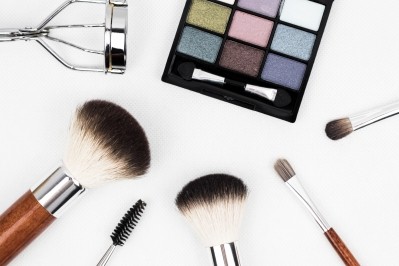
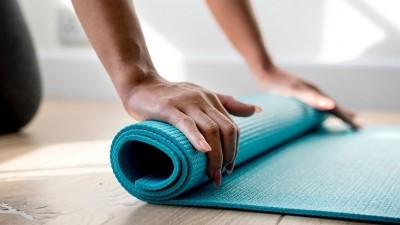
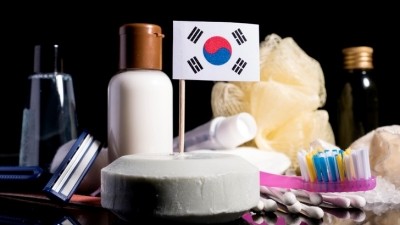
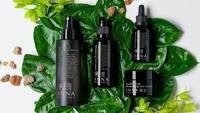

![[Getty Images]](/var/wrbm_gb_food_pharma/storage/images/_aliases/wrbm_tiny/publications/cosmetics/cosmeticsdesign-asia.com/china/china-focus-latest-developments-in-china-s-booming-beauty-market22/17370102-1-eng-GB/China-focus-Latest-developments-in-China-s-booming-beauty-market.jpg)
![YSL's LoveShine launch has sparked a demand surge in Japan. [YSL]](/var/wrbm_gb_food_pharma/storage/images/_aliases/wrbm_tiny/publications/cosmetics/cosmeticsdesign-asia.com/article/2024/04/24/ysl-loveshine-launch-propels-lip-gloss-sales-to-record-highs-in-japan-since-2020/17372064-1-eng-GB/YSL-LoveShine-launch-propels-lip-gloss-sales-to-record-highs-in-Japan-since-2020.jpg)
![There is significant scope for innovation and new launches in the hair repair sector, especially in soaring markets such as China. [Getty Images]](/var/wrbm_gb_food_pharma/storage/images/_aliases/wrbm_tiny/publications/cosmetics/cosmeticsdesign-asia.com/article/2024/04/24/croda-zeroes-in-on-hair-repair-solutions-as-damage-hair-concerns-surge-in-markets-like-china/17362731-1-eng-GB/Croda-zeroes-in-on-hair-repair-solutions-as-damage-hair-concerns-surge-in-markets-like-China.jpg)



![Lubrizol has extended its partnership with C-beauty major PROYA. [PROYA]](/var/wrbm_gb_food_pharma/storage/images/_aliases/wrbm_tiny/publications/cosmetics/cosmeticsdesign-asia.com/headlines/brand-innovation/lubrizol-bullish-on-potential-of-c-beauty-growth-potential/17362515-1-eng-GB/Lubrizol-bullish-on-potential-of-C-beauty-growth-potential.jpg)
